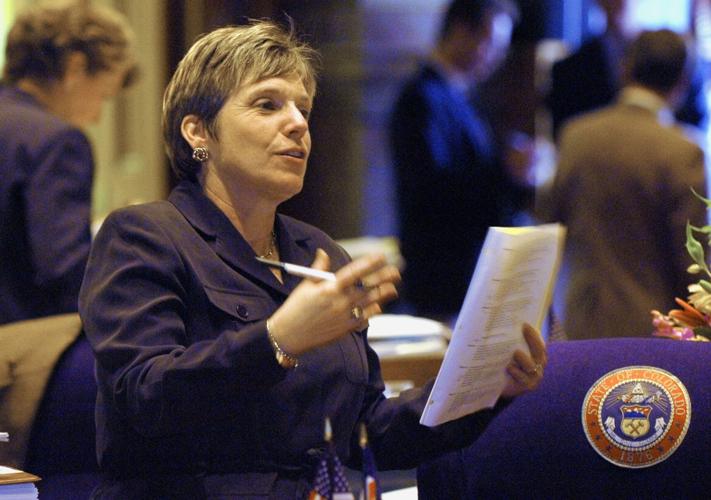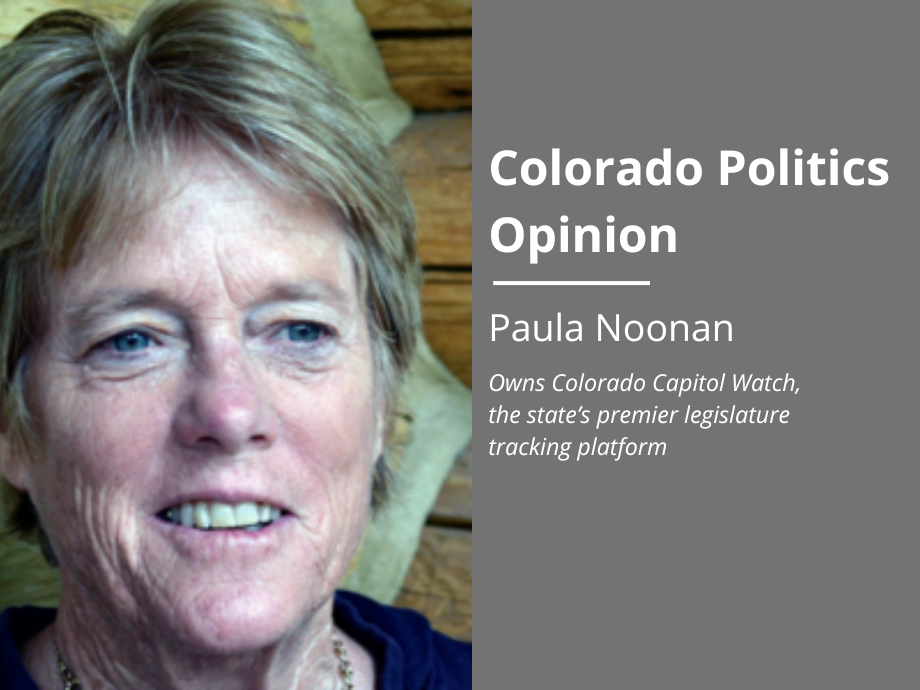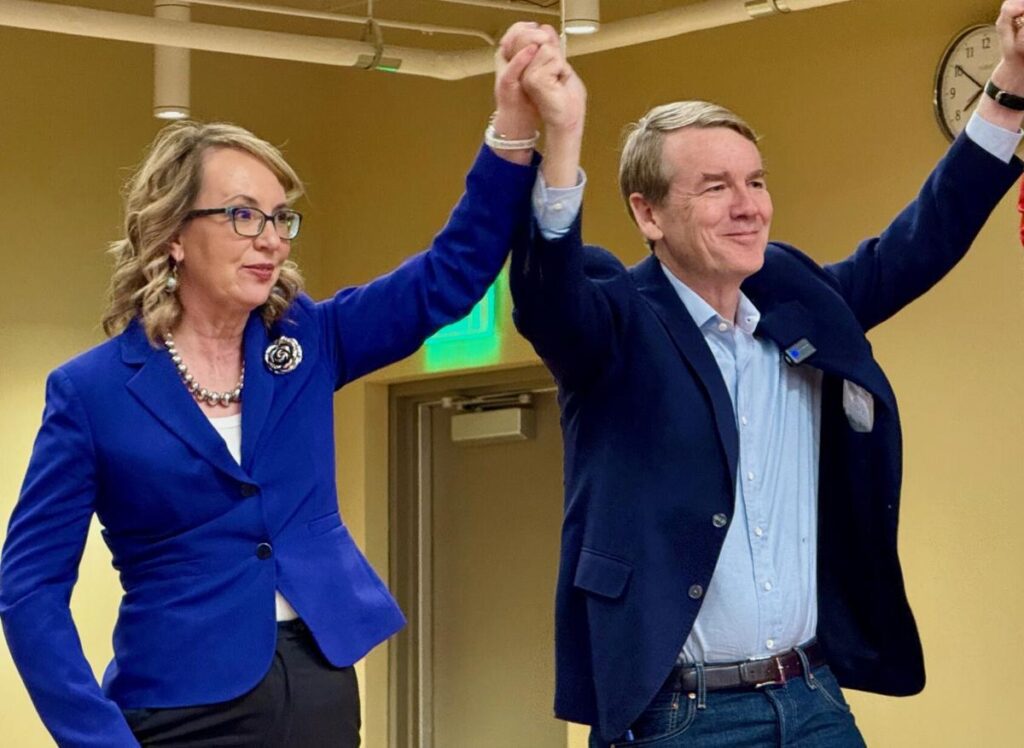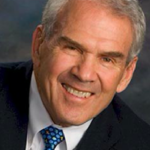SENGENBERGER | SB 205 would crush small business


They say the road to hell is paved with good intentions. SB20-205 – paid sick leave – is an example of this. In conference committee today, SB 205 would be disastrous for small business. Let’s jump right in.
According to the bill’s summary, through the end of 2020, “employers are required to provide each of their employees paid sick leave (PSL) for employees to take for reasons related to the COVID-19 pandemic.” This part is tied to the federal Emergency Paid Sick Leave Act, part of the Families First Coronavirus Response Act passed by Congress in March.
The idea behind this PSL provision is well-intentioned: let employees take paid time off from work if necessary due to the pandemic, while not having to choose between their paycheck or health.
Because Congress wanted employees to remain tied to employers, the U.S. Department of Labor says the federal government will reimburse “American private employers that have fewer than 500 employees for the cost of providing employees with paid leave for specified reasons related to COVID-19.”
Given the public health circumstances, a compelling case can be made for a temporary PSL/tax credit program. Although the speed of a tax credit won’t be quick enough for small employers who find themselves financially squeezed, at least there’s a compelling case with a tax credit.
Where things get dicey in SB 205 is what happens beginning January 1, 2021. The summary states “the act requires all employers in Colorado to provide paid sick leave to their employees, accrued at one hour of paid sick leave for every 30 hours worked, up to a maximum of 48 hours.” That’s six 8-hour days.
Under SB 205, PSL may be used from the outset; accrues when an employee is first hired, and can be carried over into subsequent years if it remains unused. It can be applied to an employee’s examination, treatment or preventative care for mental or physical illness, injury or health condition or the need to care for a family member with such a circumstance.
Workers can access benefits if they or a family member has been the victim of abuse or harassment requiring an absence or a public health emergency has forced the closure of the employee’s school or business.
An additional 48 hours of PSL is mandated “during a public health emergency.” SB 205 prohibits employers from firing or otherwise penalizing employees for using their PFL benefits. If a company already meets or surpasses the bill’s requirements, they are exempt.
If Democrats want to crush small business hiring as the economy finally recovers, PFL’s fatal flaws offer a great way to do it.
The bill makes no distinction for business size or type. If you have only a couple employees, or your employees are part-time, the provisions apply to your business. Plus, allowing PSL benefits to accrue into the following year could be the death-nail for small businesses still struggling to get back to “normal” by 2022.
These are not inconsequential; 88% of firms have fewer than 20 workers. They are already trying to figure out how to navigate choppy economic waters, especially with minimum-wage increases in various parts of the state.
In his essay “That Which Is Seen, and That Which Is Not Seen,” 19th century economist Frederic Bastiat notes that the “good” economist “takes account both of the effects which are seen and also of those which it is necessary to foresee.”
Anyone who favors SB 205 – on top of minimum-wage increases and who knows how many other laws – is narrowly focused on the “seen” benefit of PSL. They ignore the significant, negative consequences of these policies to those who need help the most. Economies are not zero-sum games, but business ledgers are.
In truth, every small-business owner I know truly cares about their employees’ well-being, and they will do whatever they can to help their team through personal challenges. But there is no bottomless pot of money, particularly in this economic environment. Businesses cannot infinitely absorb additional expenses, especially without revenue going up.
Eventually, something – jobs, hours, wages – must give. And with SB 205, it surely will.
Jimmy Sengenberger is host of “The Jimmy Sengenberger Show” on News/Talk 710 KNUS and “Jimmy at the Crossroads,” a webshow and podcast in partnership with The Washington Examiner.









